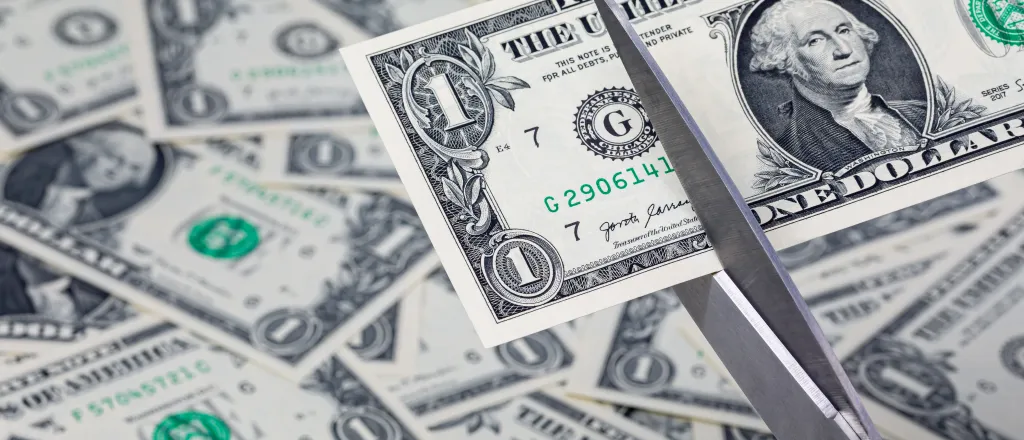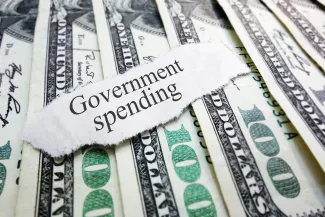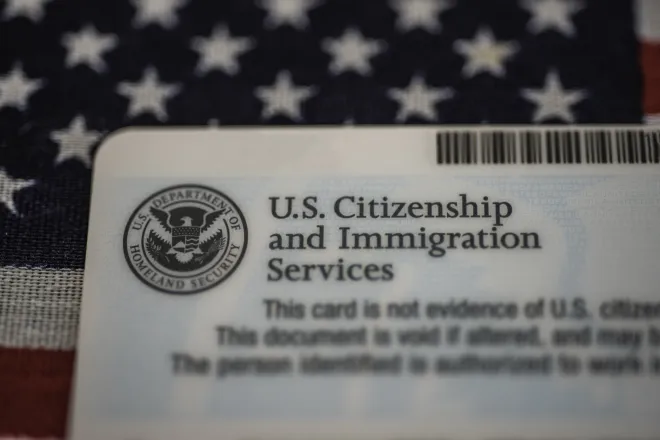
Governor Polis orders emergency spending cuts
© JJ Gouin - iStock-1642293566
Colorado Governor Jared Polis announced Thursday a total of about $250 million in cuts and redirected funds to help close a state budget gap his office estimated to be $783 million.
The spending reductions, which Polis made through an executive order and outlined during a presentation to the Colorado Legislature’s Joint Budget Committee, primarily hit health care, higher education and state grant programs. The JBC, which comprises lawmakers from both parties and both legislative chambers, writes the state budget.

The state budget gap follows the passage of the federal tax cut and spending law, which President Donald Trump signed in July. Tax code changes in that law hit Colorado’s projected revenue by about $1.2 billion for the current fiscal year, mostly through a loss of corporate income taxes. The current fiscal year started July 1.
Polis’ plan includes about $103 million of spending cuts and the transfer of about $147 million from various state cash accounts to the state’s general fund. He noted that no cuts were made to public safety funding or K-12 schools.
“This is a time when we need to focus on the difference between things that are nice to have and things that we need to have,” Polis said. “We’re focused on finding the things we need to have, and we all know that in this time, there’s some of the things that are nice to have that we can afford, but we can’t afford all of them.”
Polis’ announcement comes two days after the end of a special session of the Colorado Legislature, during which lawmakers passed bills that in total will bring in about $250 million to the general fund this fiscal year.
The governor’s office has the authority to make midyear spending cuts during revenue shortfalls. A new law passed during the special session and signed by Polis requires that the governor present such cuts to the JBC.
The largest cut is a reversal of the state’s plan to increase reimbursement rates by 1.6 percent for health care providers who see patients on Medicaid. By axing the rate hike, the state will save an estimated $38 million.

© zimmytws - iStock-511889079
The governor’s higher education cuts total $12 million and affect several community colleges and universities across the state. Several state grants are also being reduced, including for programs that address public health disparities and provide dental care to low-income Coloradans.
About $100 million is being redirected to the general fund from an affordable housing fund that was approved by voters in 2022. That’s the biggest of Polis’ funding transfers.
This is a time when we need to focus on the difference between things that are nice to have and things that we need to have.
The governor’s office estimates that a hiring freeze, which Polis put in place on Aug. 26 through the end of the year, will save the state $3 million.
To plug the remaining hole in the budget, Polis said he plans to tap the state’s reserves by $325 million. That will deplete the reserve to about 13 percent of the general fund from a previous 15 percent.
During the six-day special session, lawmakers passed a series of bills to eliminate certain tax exemptions for businesses and increase revenue by selling credits for advanced payments of future tax liabilities. Polis on Thursday morning signed those revenue-raising bills into law.
Senator Barbara Kirkmeyer, a Weld County Republican who sits on the JBC, said Democratic lawmakers and the governor’s office should have focused on cutting government staffing, as opposed to raising revenue.
“How come, in the special session, we weren’t allowed to make cuts?” Kirkmeyer said.
However, Polis said the bills passed by the Legislature were sufficient in allowing his office to “avoid much deeper cuts.”















